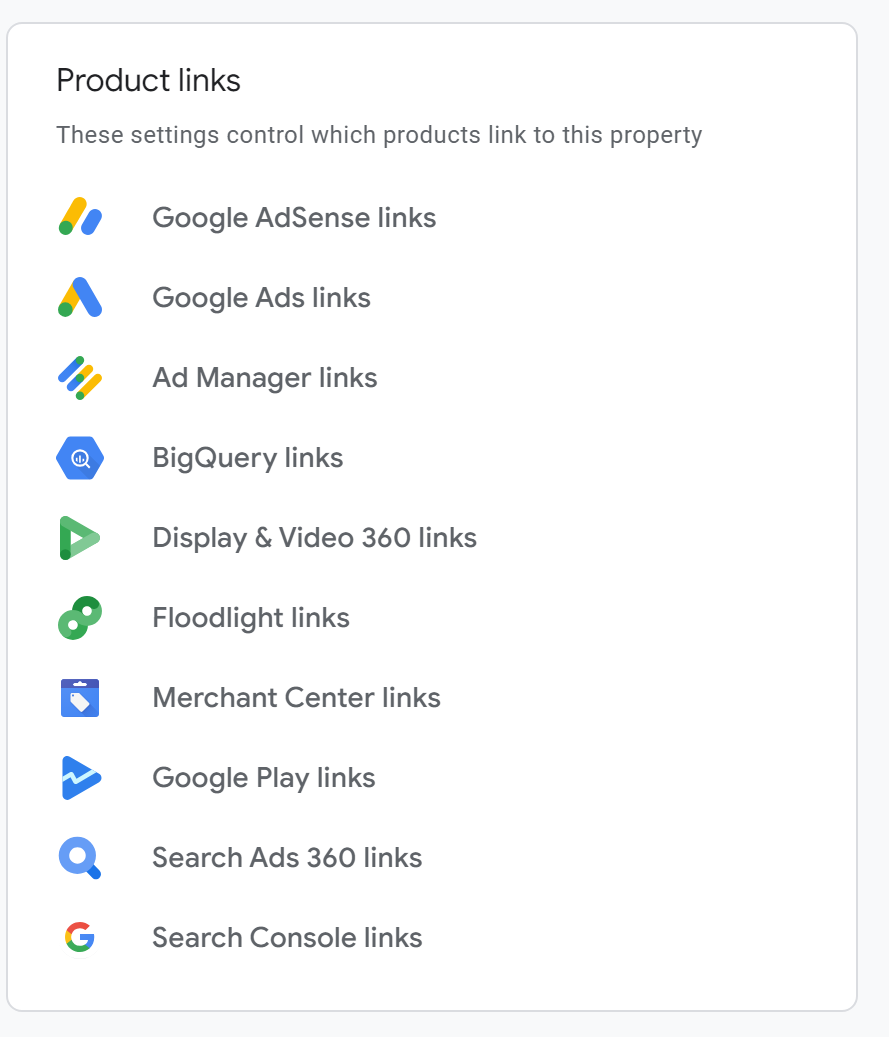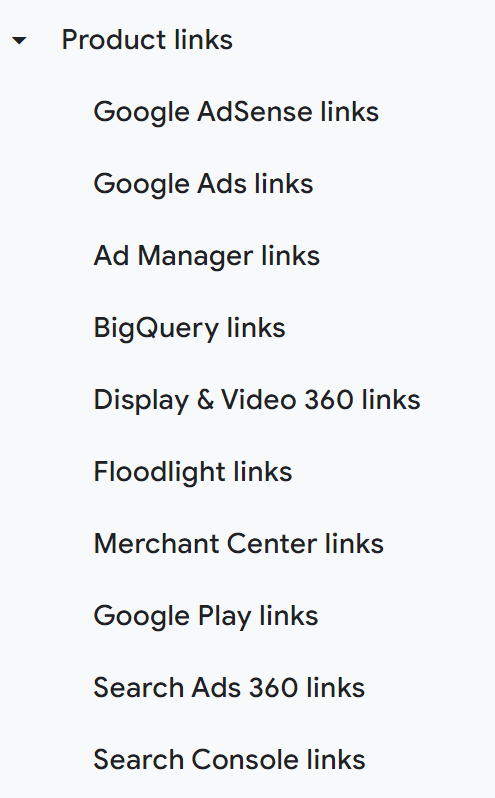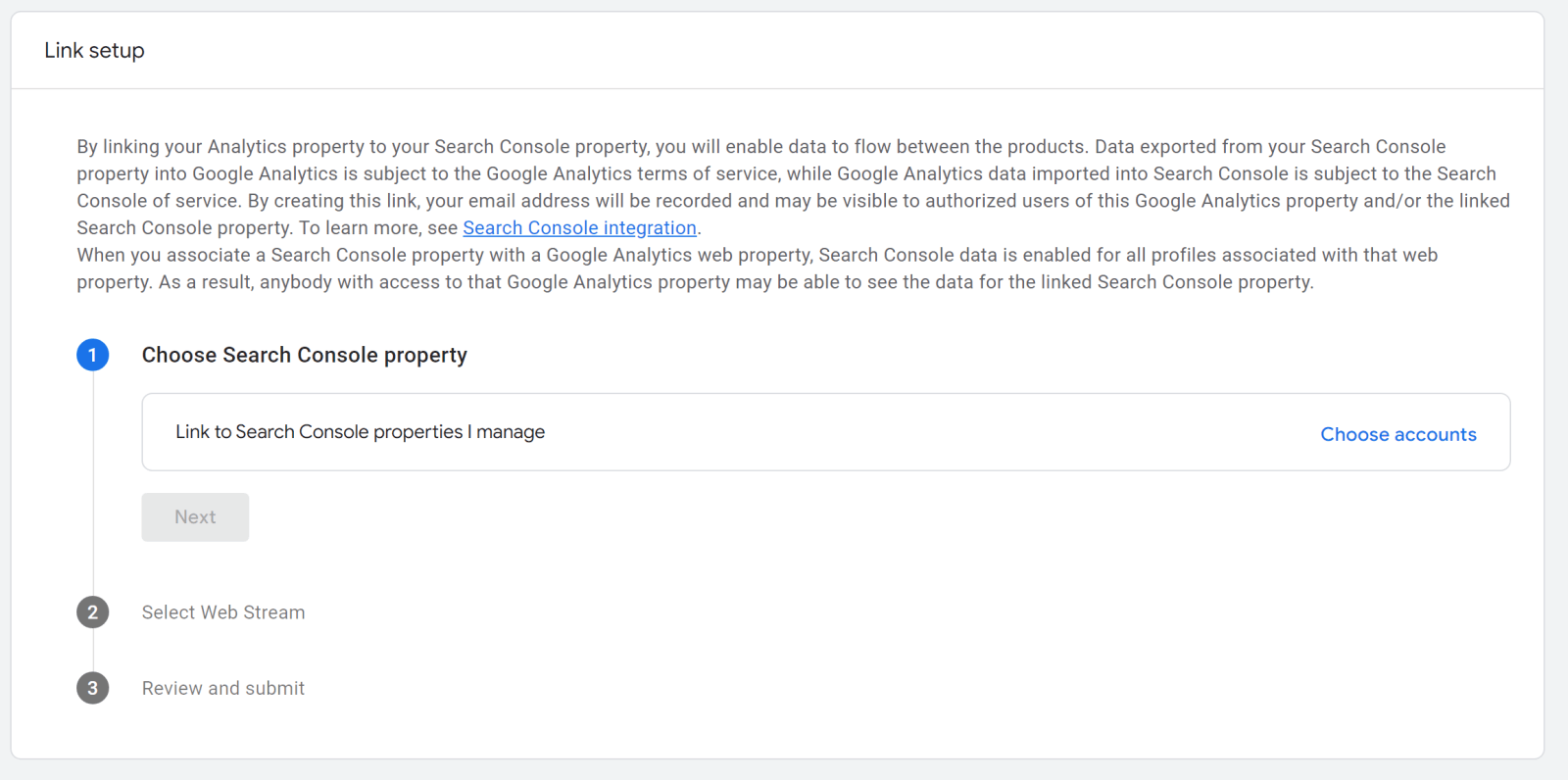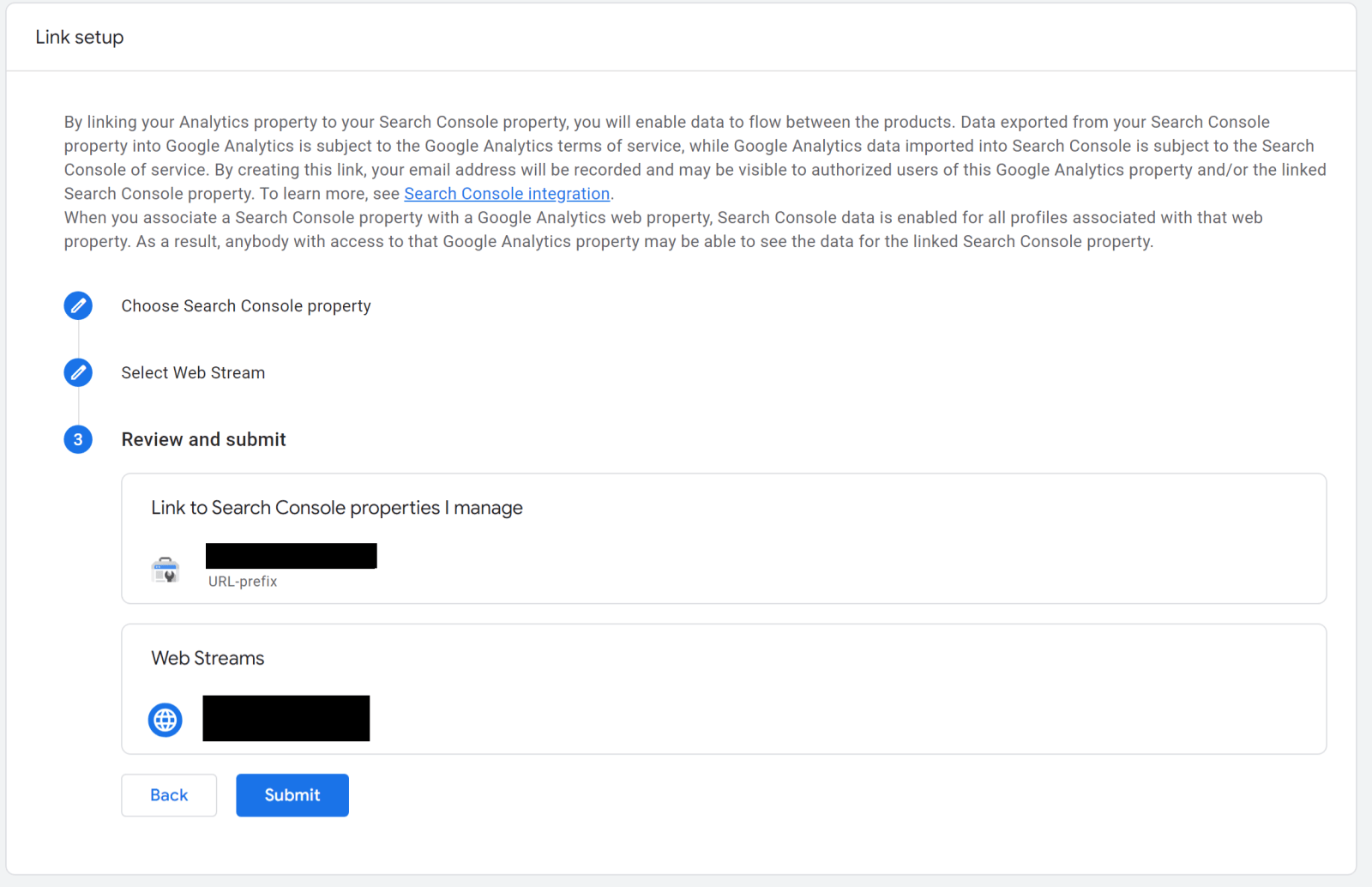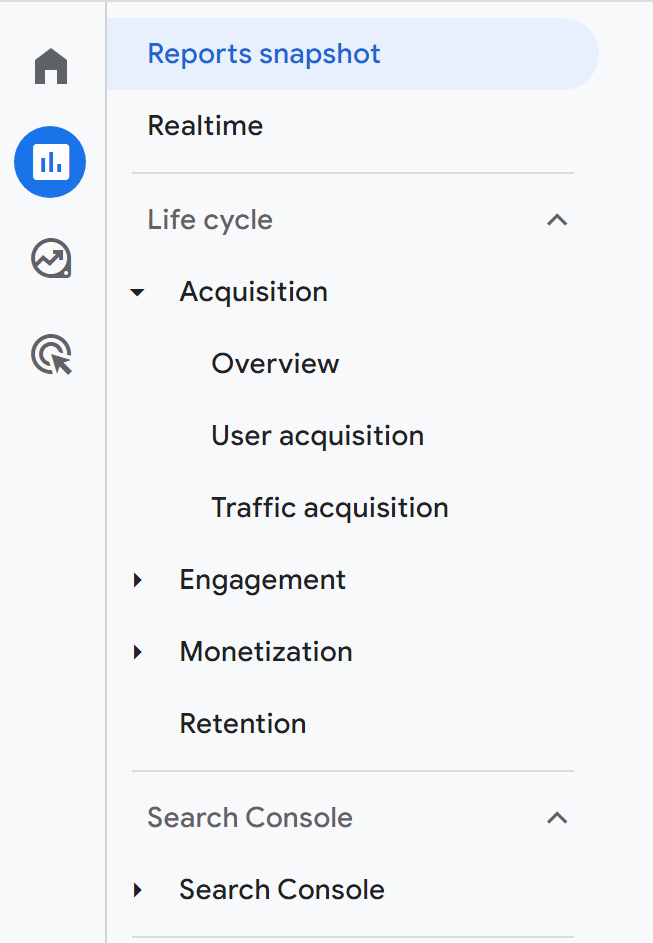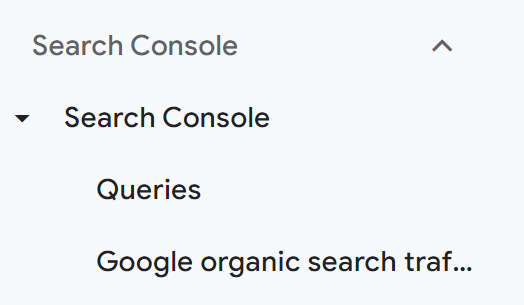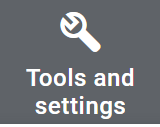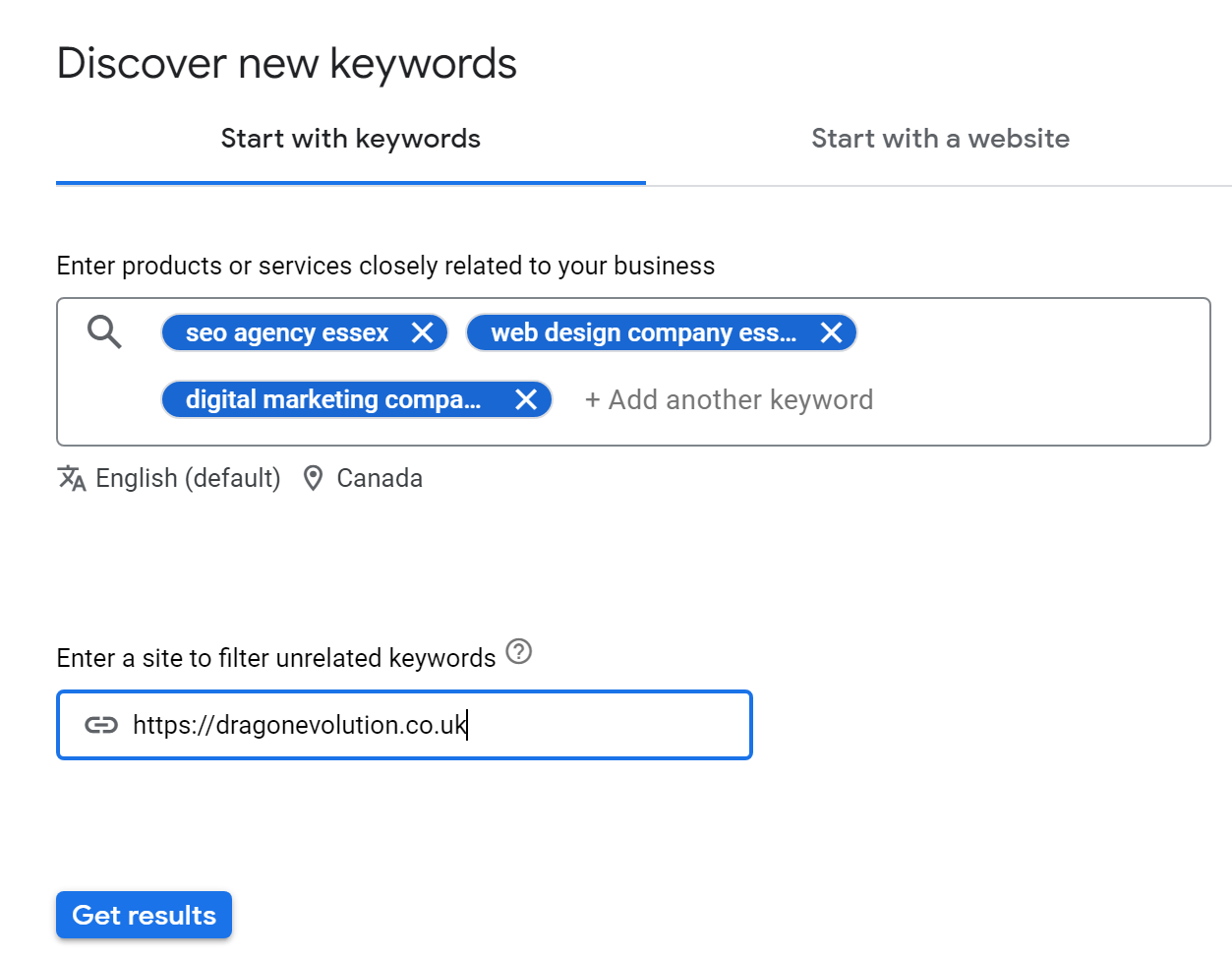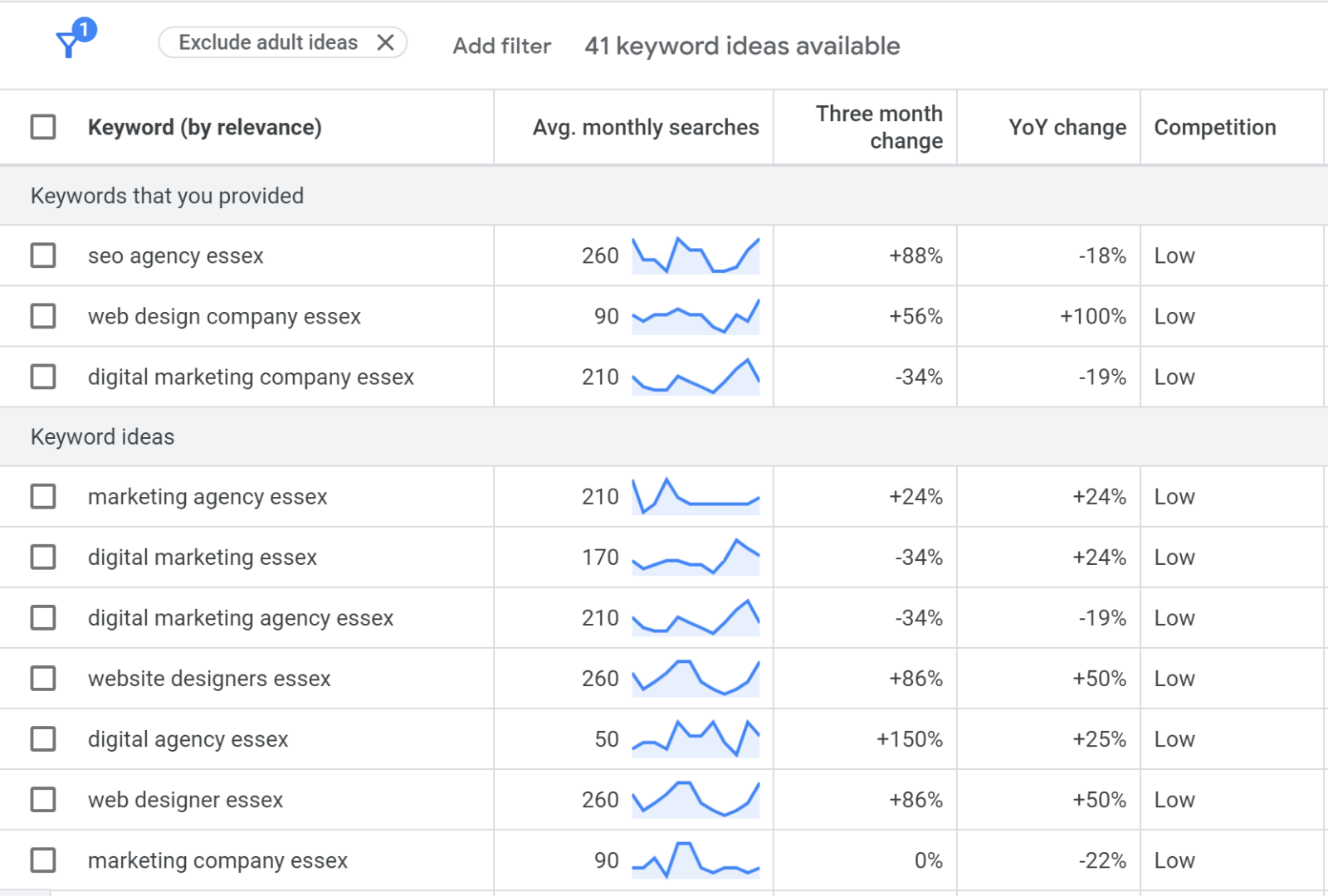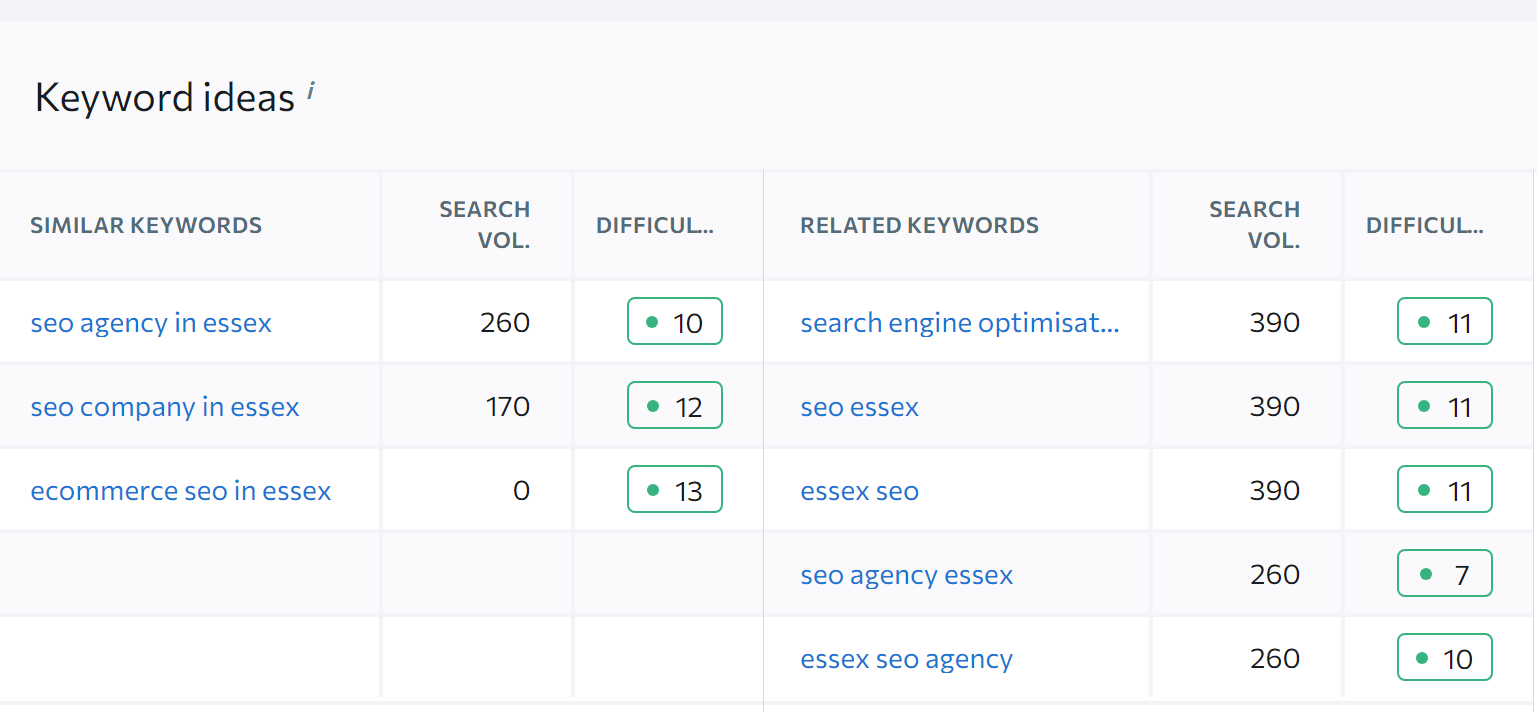Keyword research is an extremely important step in crafting a successful SEO strategy to ensure that you hit your SEO goals. Before you write a word of content for your SEO project, you should figure out what keyphrases you want to target, so you can shape your content around those keyphrases. This should be the cornerstone of your SEO strategy, but this step is often overlooked. Often the content is written and then keyphrases are just stuffed in as and after thought. Neglecting this step is like building a house without the blueprint. You should always figure out the keyphrases and then build your content around those keyphrases. If you’re looking to enhance your online presence, understanding how to perform thorough keyword research effectively and use the tools available to do so is critical to ensure you aren’t wasting your time and efforts.
Effective keyword research is pivotal for a successful SEO strategy. This is particularly crucial for region-specific services. For example, a comprehensive SEO agency in Calgary would tailor its keyword strategy to fit the local audience’s needs and search habits. Understanding regional nuances is key to ensuring your SEO efforts aren’t in vain and significantly boosts visibility. This approach helps in identifying the terminology your user base employs, which might differ from the technical terms you use. Through diligent keyword research, you can discover the most relevant phrases, understand your potential site visitors’ search behaviour, and determine the appropriate tone for your content, be it formal and technical or casual and informal.
A common reason for researching your keyphrases is that you may actually be using different terminology to what your user base will be using to search. You may use a technical term when describing your products for example but to your clients they have never heard or used this term, and they will search for what they are trying to achieve with the product. Keyword research will help you figure out what phrases to target and what your potential site visitors are actually searching for, what geographical location and, using the technical example above, what tone of voice to write your content in.
In this article we will cover the following below to help you get results from your SEO campaigns and help you to increase your organic traffic.
How to perform effective keyword research for SEO.
Tools, some free and some paid, that you can use to find your target keyphrases.
The strategic importance of incorporating specific keyphrases into your SEO campaign.
Are you ready? Then let’s dive into the mystical world of keyword research, why keyword research is pivotal and how to uncover and maximize the potential of your SEO efforts, and hopefully by the end of this article it won’t be so mystical! And if you still don’t understand it you can always hire our Calgary based SEO Agency to help your business achieve its online objectives.
How to perform effective keyword research for SEO
Understanding Keyword Research
This is the foundation of any successful SEO campaign. It involves identifying the terms and phrases your target audience uses when searching for services or products like yours. This process is crucial for understanding the search landscape and aligning your content with user intent.
Why is Keyword Research Important?
Because it helps align content with user intent. By understanding the specific terms your audience uses, you can tailor your content to match their needs, increasing the likelihood of attracting qualified traffic.
There are five types of user intent. Four of these were created by Andrei Broder in 2002 in “A Taxonomy of Web Search”. A fifth one has now been added, which we will start with here.
Local Intent:
The goal with local is intent is to find products or services that are in proximity to a certain geographical area.
So we are a digital marketing and SEO company in Calgary. A user conducting a search like SEO Calgary is looking specifically for just that, a company in Calgary offering SEO.
Information Intent:
The goal here is to obtain information about a topic, a product, or a service. These searches are often in the form of a question.
So again using us as an example. How much is SEO Consultant in Calgary or how much is SEO consultancy in Calgary or SEO in Calgary cost.
Transactional Intent:
The goal here is plain and simple. They now want to buy the product or service. They have done their research and are ready to proceed. The keyphrase here might be Buy SEO service in Calgary.
Commercial Intent:
This is like information, but the goal is to find detailed information about products or services. The visitor is interested in making a purchase but isn’t quite ready to pull the trigger yet. So Commercial intent example could be SEO companies in Calgary.
Navigational Intent:
The goal of a navigation search is to find a specific website or a brand. These keyphrases are usually branded keyphrases.
so this could be Dragon Evolution SEO consultants.
Proper keyword research helps you identify terms for which you can realistically rank, allowing you to focus your efforts and improve your visibility in search results, and it can also help guide content strategy. Knowing popular and relevant keywords helps in planning your content calendar, ensuring that your topics are both relevant to your audience and beneficial for your SEO efforts.
How to Conduct Keyword Research
Identify Your Target Audience
You should always identify your target audience. This ensures you understand who your audience is and what they are looking for. For example, enter example here
Use Keyword Research Tools
We will touch on this further down, but tools like Google Keyword Planner and SE Ranking provide valuable insights into keyword search volume, competition, and relevance. They can help you identify keywords that are both attainable and valuable for your SEO strategy.
Analyse your competitors
Look at what keywords they are ranking for. This can provide insight into what might work well for your website too. Again you can use software such as SE Ranking, SEMrush, Ahrefs, SEO Powersuite or Moz.
Consider Long-Tail Keywords
These are longer and more specific keyword phrases. They often have lower search volume but can attract more qualified traffic. So quality traffic over quantity and easier to rank for. For example the keyphrase canon camera shop Calgary is going to provide much more qualified traffic for a camera shop based in Calgary than the keyphrase Canon camera. With the former you know the intent of the searcher, local and transactional. Canon camera will have a much higher search volume but we don’t know the searches intent and we are now competing with a much bigger pool of companies. Someone from outside the shops local proximity is very unlikely to drop into that shop to make a purchase.
Tools To Use To Find Your Keyphrases.
Search Console & Google Analytics – Cost: Free
If you already have a site, and it has been connected to Google Analytics you can use Google Analytics and Google search console to find queries that have led to clicks and impressions on your website. To do this follow these instructions
- Login to Google Analytics
- Now we need to hook Analytics and Google Search Console Together. So first make sure you are in the correct account if you run multiple accounts and ensure you are in the GA4 account.
- Then click the cog settings icon (admin) in the bottom left. This will take you to the admin section.

- You can either scroll down on the page till you see Product links, or you can use the sidebar menu and click Product Links.


- Look for Search Console links (at the time of writing this was down the very bottom) and click it.
- Click the blue Link button.

- It will now ask you to choose your search console property. Click the Choose Accounts link.

- Select your property/website from the list. If you do not see your property this means your Search console is not currently connected to your Google Account. If is there though click the blue Confirm button.
- Hit Next and select your data stream. This will just be selecting your GA4 data stream. Again hit next and review and submit. You should see a link created message now. You can now close this window by hitting the close button in the top left (x).

- To view the data go back to the menu on the left side, the same menu as the admin cog button, and select reports. Down the bottom you should see a folder icon that says library. Click this icon.
- You will be taken to the collections view. If you do not see Search Console you can refresh. If it does not say Published, click the three dot menu icon and publish. If it says published you are all ready to view the data.
- To view the data go back to Reports. Scroll down and, you should now see Search Console as a menu option. Expand this by clicking on the drop-down arrow and, you will now see Queries and Google Organic Search traffic. This will show you organic google search clicks and search impressions.


Google Keyword Planner – Cost: Free
Start by setting up a free Google Ads account (Follow our instructions here on how to set up an account without having to set up an ad). This tool is used for creating ad campaigns but, it is excellent for helping you find keyphrases to target organically and completely free. To use this follow the instructions below.
- Sign in to your Google Ads account click on Tools and settings and under planning select Keyword Planner.

- Select Discover new keywords. It has a lightbulb icon above it.

- Enter the products or services that you offer and you website. For example, we might enter in SEO Agency Calgary, Digital marketing agency Calgary and Web Design Calgary. Hit enter when you have added your example keyphrases.

- You will now see a list of keyphrases showing the estimated average monthly searches, the three-month change, so you can see how it has increased or decreased in search volume, last year search volume vs this year’s and the competition.

- Hit download keyword ideas using the top right link and select CSV (excel) or Google Sheets.

SE Ranking – Cost: From £36 per month as of writing
SE Ranking is a powerful tool for conducting in-depth keyword research and analysis, essential for optimizing your SEO strategy. Here’s how you can use SE Ranking to perform keyword research. It also comes with the added benefit of suggesting the keyword intent, the volume and the difficulty to rank. It also allows you to quickly search the SERP’s to see who your competitors are for each particular keyphrase and of course you can also track them.
- Login to your SE Ranking Account.
- Select keyword Research from the top menu.
- Type in some ideas. So for our example we will select “SEO in Calgary”, “SEO consultancy Calgary”, “web design Calgary” and “digital marketing Calgary”. Select your target country and hit Analyse This will now tell you the difficulty, search volume and search intent.
Web design Calgary 26 | 610 | Local and Commercial
SEO in Calgary 13 | 390 | Local intent and commercial intent
Digital marketing Calgary | 27 | 170 | Local intent and commercial intent
SEO consultancy Calgary 15 | 0 | Local intent and commercial intent
- Each keyword can then be clicked on and, you will be taken to the overview screen. Scroll down and you will see Keyword ideas. So for example. “SEO in Calgary: it also suggests the keywords “SEO agency in Calgary”, “SEO companies in Calgary” and “ecommerce SEO in Calgary”.
The Strategic Importance of Incorporating Specific Keyphrases into Your SEO Campaign
Integrating the right keyphrases into your SEO strategy is not just about attracting more traffic; it’s about attracting the right traffic. The strategic use of specific keyphrases can have a profound impact on the effectiveness of your SEO campaign.
Targeting the Right Audience:
By incorporating specific keyphrases, you can ensure that your content reaches the most relevant and interested audience. This increases the likelihood of engagement, conversions, and, ultimately, customer loyalty. For example, a local business might focus on area-specific keyphrases to attract nearby customers.
Enhancing Search Visibility:
Precise keyphrases help improve your website’s visibility in search engine results pages (SERPs). This is particularly important for competitive markets, where standing out in a sea of similar content can be challenging. Using unique and relevant keyphrases helps your content rise above the competition.
Aligning with User Intent:
Every search query reflects a user’s intent. By understanding and using keyphrases that align with this intent, you can tailor your content to meet the specific needs or questions of your audience, thereby enhancing user experience and satisfaction.
SEO Beyond Search Engines:
While the primary goal is to rank well on search engines, strategic keyphrase usage also benefits your overall digital marketing efforts. It can improve the efficacy of your social media marketing, email marketing, and other digital channels by ensuring consistency and relevance across all platforms.
Long-Tail Keyphrases for Quality Traffic:
Focusing on long-tail keyphrases can be particularly effective. These keyphrases, being more specific and often less competitive, can attract a higher-quality audience that is more likely to convert. They allow you to target niche markets and cater to specific needs, which broader keyphrases might not address as effectively.
The Wrap Up
The strategic incorporation of specific keyphrases into your SEO campaign is a nuanced and powerful approach to digital marketing. By carefully selecting and using these keyphrases, you can significantly enhance the reach and effectiveness of your content, driving not just more traffic, but the right traffic to your website.






